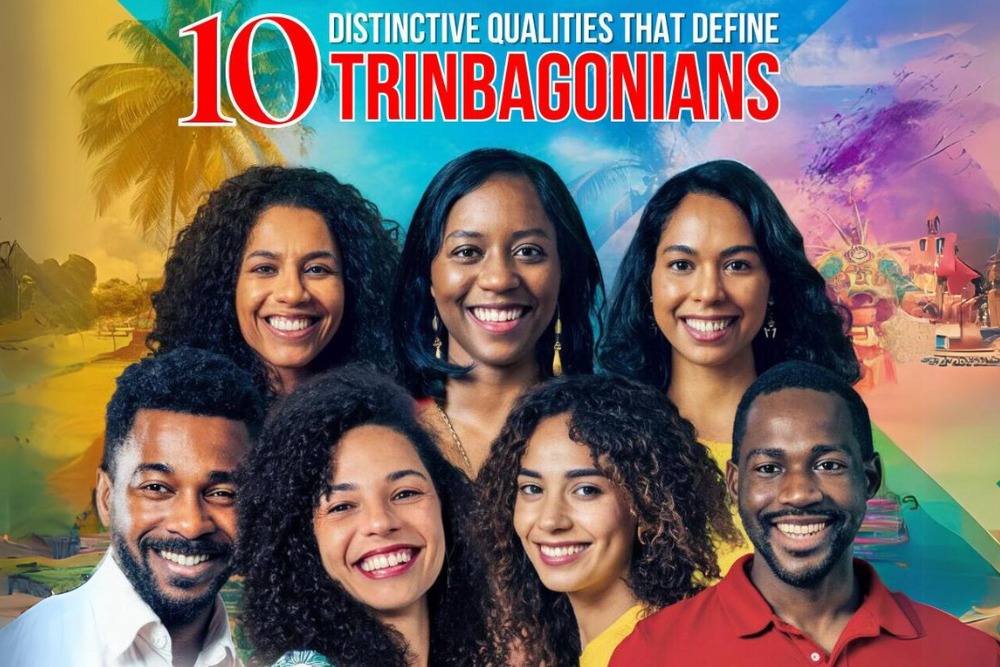These organisations were all created to meet a specific need of the communities in which they function. CSOs serve as the interface between the public and private sectors, persons and communities. Civil Society Organizations have also been regarded as a ‘third sector organisations’ (TSOs) in Trinidad and Tobago, which signifies that they are independent of the government, are ‘value-driven’ and reinvest any surpluses generated in the pursuit of their goals. For this reason, they are sometimes referred to as ‘not-for-profit organisations’.
It is no secret that Civil Society Organisations in developing countries require assistance to grow, and are in the need of support to make their project/s sustainable and beneficial. Over the years, some of their main desires have been to lend support to sickly and impoverished children, contribute to women empowerment, and eliminate gender inequality and injustice, just to name a few.
In Trinidad, a Non-Governmental Organization (NGO) Unit was established by Cabinet in 2011 and officially implemented in 2013. This Unit manages the relationship between the Ministry of Social Development and Family Services (MSDFS) and partners involved in the delivery of services to communities across Trinidad and Tobago. Through this relationship, Government strives to decrease poverty, improve gender equality, increase access to education, address human rights issues and concerns and create a new social compact.
The following are some of the thematic areas within which Civil Society Organisations function:
• Agricultural Development
• Cultural Development
• Community Development
• Development Through Sport
• Domestic Violence Issues
• Education and Skills Based Development
• Family Support and Development
• Gender Relations Enhancement
• Health and Promotion of Healthy Lifestyles
• Holistic Development and Protection of Children
• Homes for Children
• Homes for Older Persons
• Improvement in Quality of Life for Older Persons
• Improvement in quality of Life for Persons with Disabilities
• Interventions for Development of Youth
• Poverty Reduction
• Reduction/Treatment of Chemical Dependence
• Small and Micro Enterprise Development Issues








